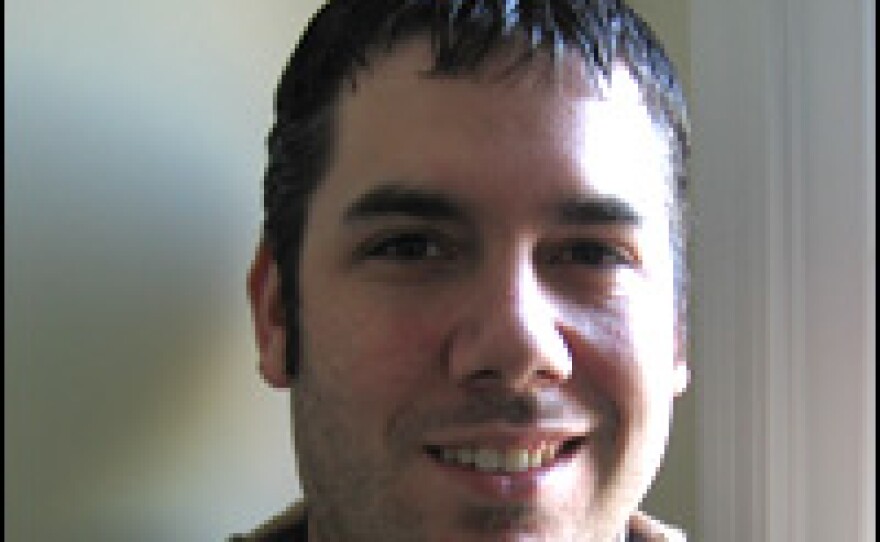About one-third of Iraq and Afghanistan veterans have sought medical care from the Department of Veterans Affairs, but bureaucratic hassles still prevent many of them from getting the help they need.
Navy veteran Johnny Waltz can get treatment for his Post Traumatic Stress Disorder at the nearest VA PTSD clinic, about 20 miles from his home in Hebron, Ky.
The problem? He has no transportation.
Waltz's Navy service ended two years ago. He quit driving because of seizures that come without warning; he has had one big seizure almost every day since September.
His wife, Janie, used to drive him to the therapy sessions but she went back to work after Waltz had to quit his job. Now Waltz spends his days at home looking after three young daughters.
The VA has its own van system, but it doesn't cover him.
Volunteer and local groups try to fill in the gaps, and there's a good system for getting a ride if you live in Ohio. But Waltz lives just across the river in Kentucky, and there are no such services there.
Veterans groups say these sort of bureaucratic hassles are common. They question whether the VA has enough therapists and other staff to handle all the Iraq veterans seeking mental-health care.
The problem isn't overcrowding, says Kate Chard, director of the PTSD program at the Cincinnati VA.
Some veterans have misconceptions about the VA that keep them from coming to it in the first place, Chard says.
Service members who leave the military after coming back from Iraq and Afghanistan can get two years of free health care at the VA if they sign up for it.
Johnny Waltz almost missed that free care because he didn't realize it was available. So far, he has not had to pay for any medical care, including his medications. But he has other worries: Some of the drugs from the VA's mail-order pharmacy are days late, Waltz says.
Janie and Johnny Waltz married in October. They had to cancel the wedding a few times over several months because of Waltz's health problems.
"I haven't been the dad and the family man that I really once was," says Waltz.
"I used to be fun and outgoing and loving and everything else," he says. "And now they're all worried if we go somewhere something will happen to me, which is understandable because I worry, too."
Copyright 2022 NPR. To see more, visit https://www.npr.org. 9(MDAzMjM2NDYzMDEyMzc1Njk5NjAxNzY3OQ001))






